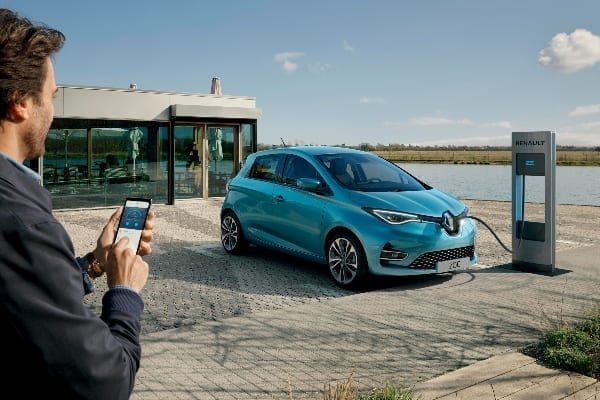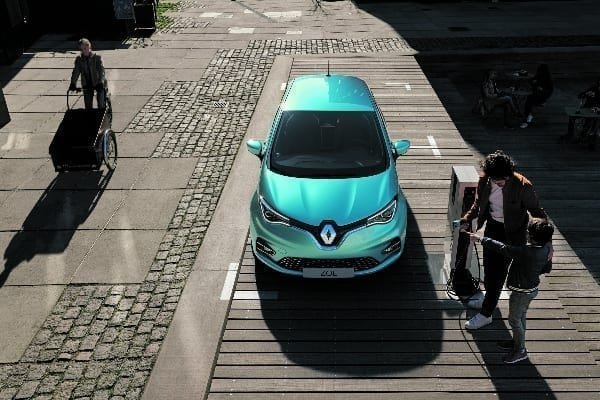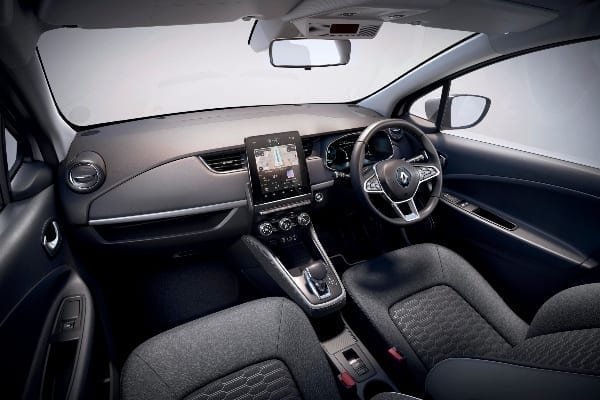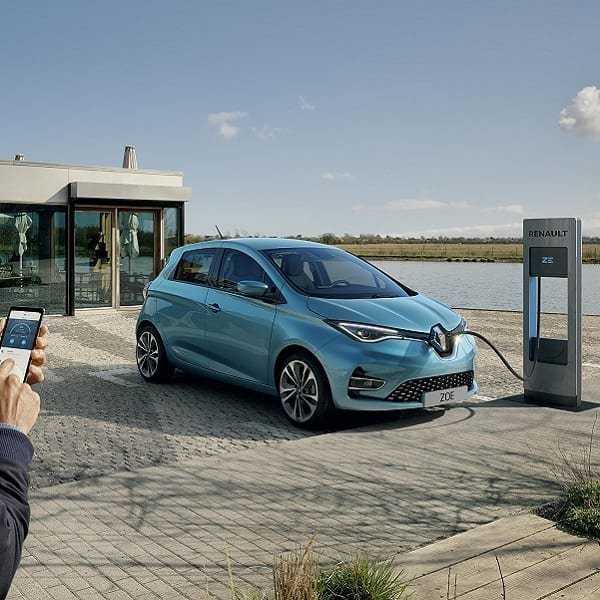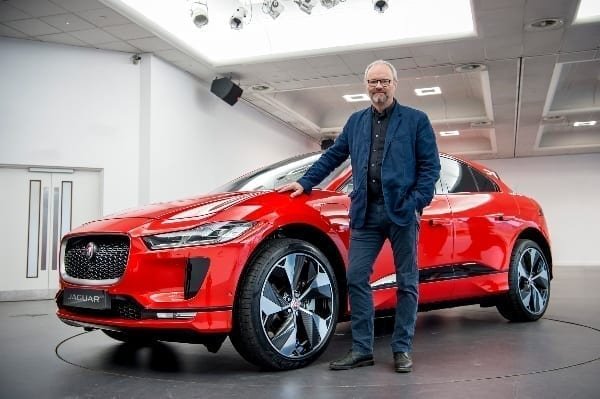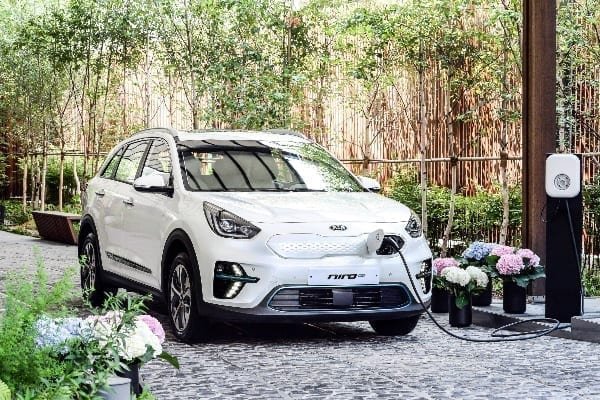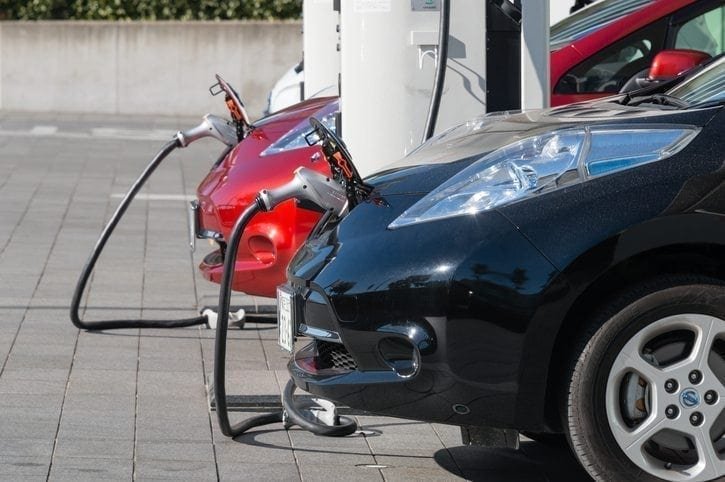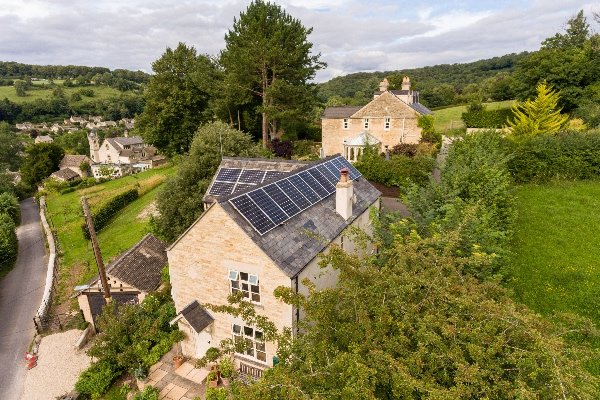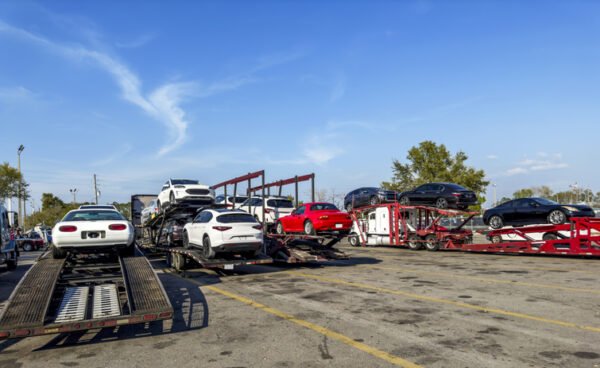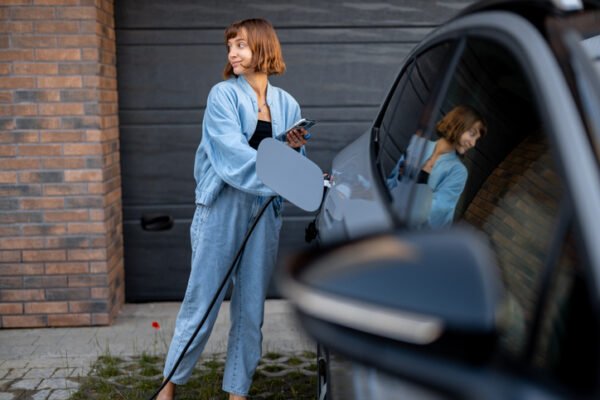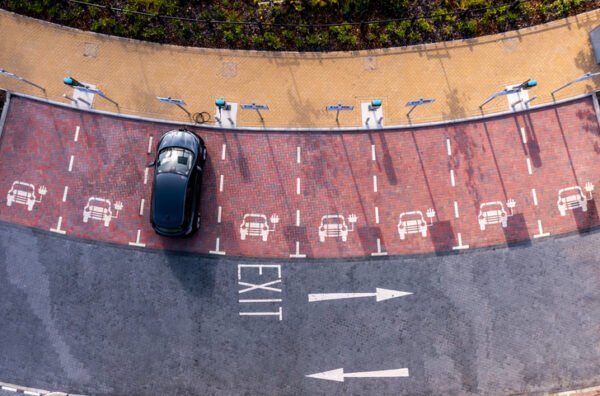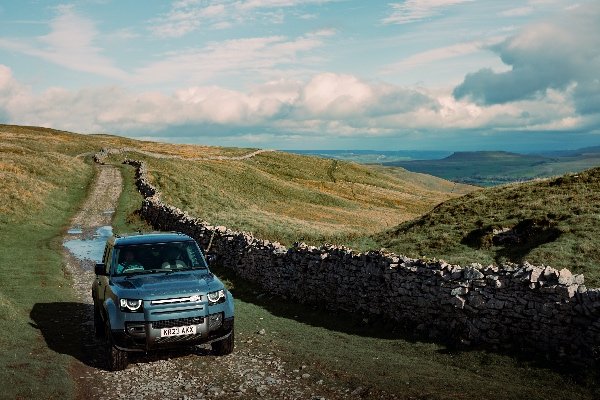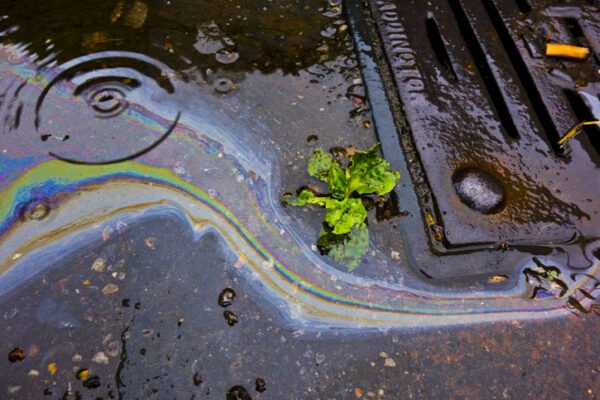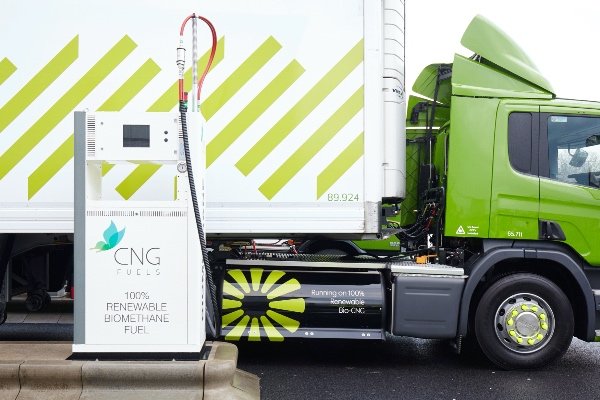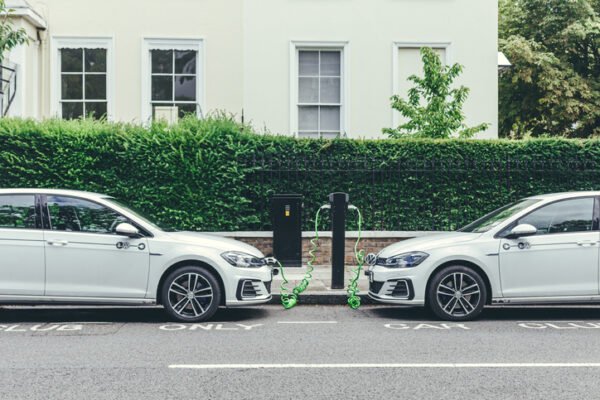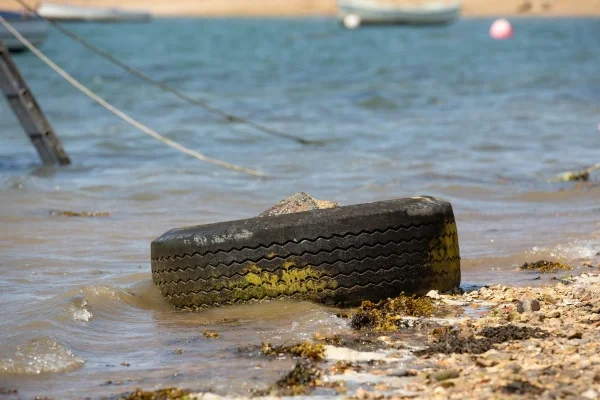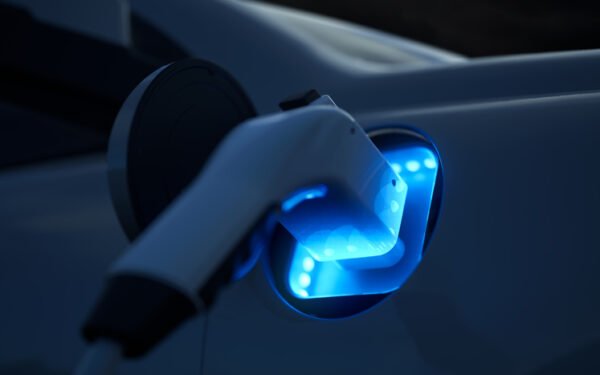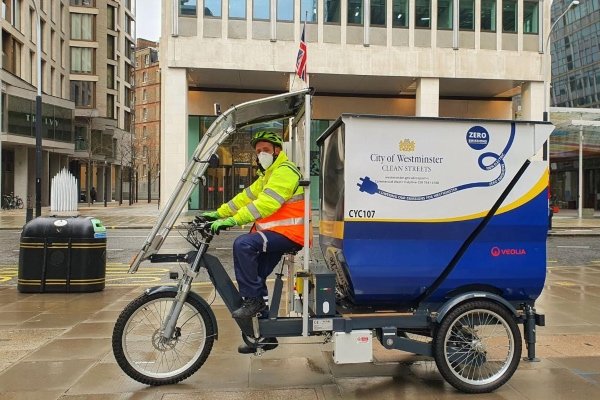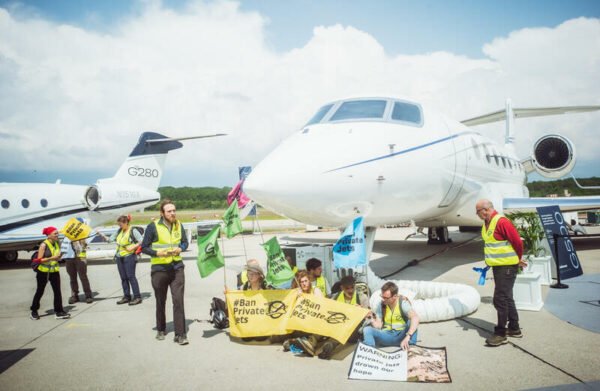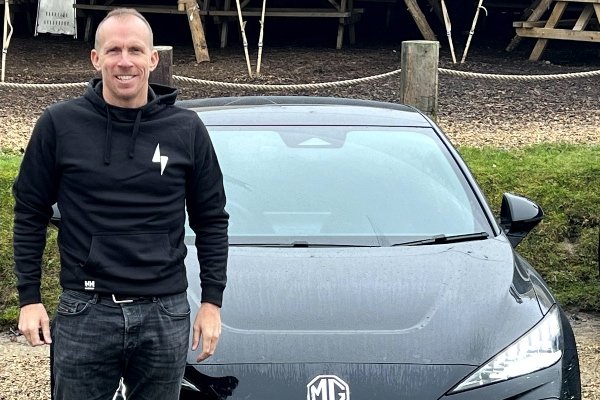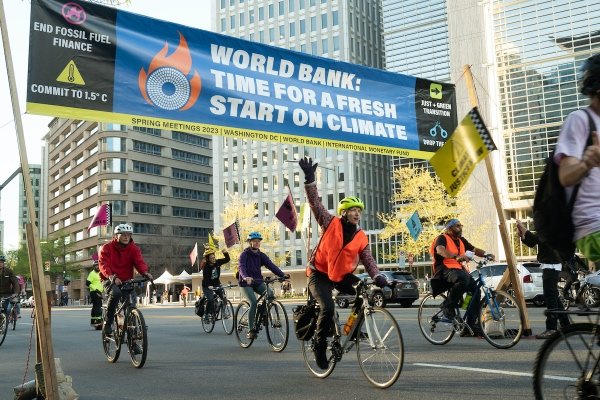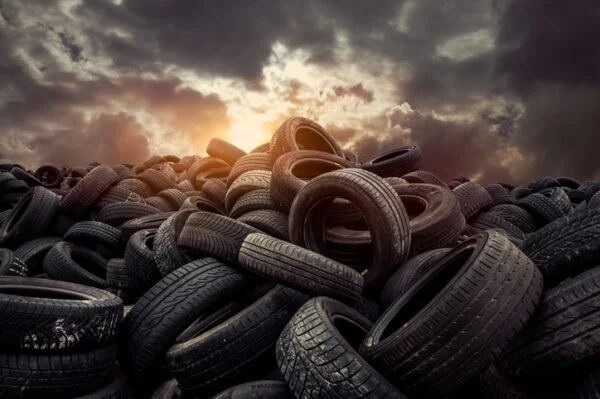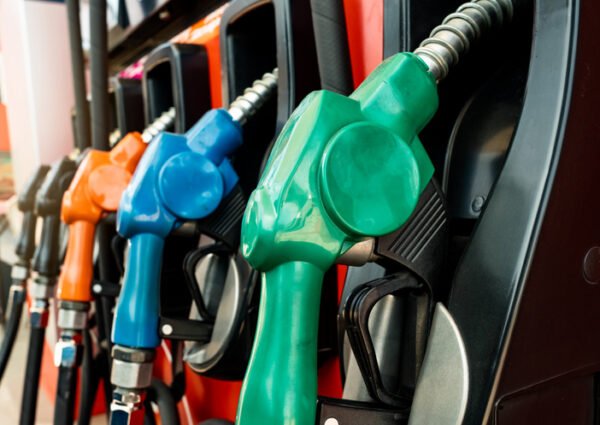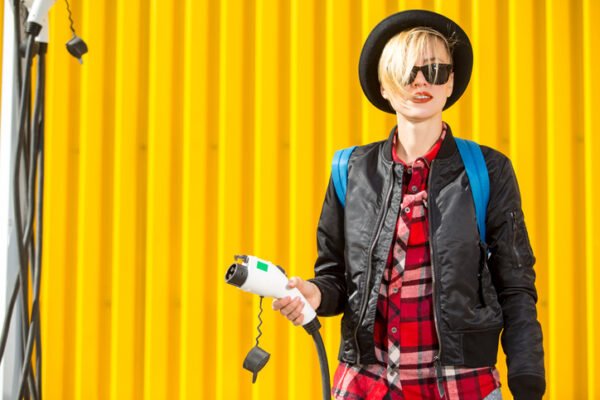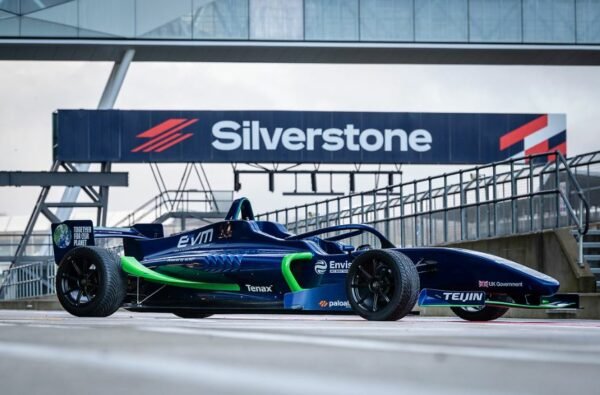This article first appeared in our Consumer Revolution issue of My Green Pod Magazine, released on 19 Dec 2019. Click here to subscribe to our digital edition and get each issue delivered straight to your inbox
This is the one we’ve been waiting for: in September Renault announced that the all-electric New ZOE is available for pre-order.
The third generation ZOE is one of several new electric vehicles (EVs) set to hit UK roads next year, but this is the one that could change everything.
‘Best EV for under £30k’
If we want to help clean up our air and drastically cut emissions, the shift to clean transportation has to be big and it has to come quickly. That means affordability is key.
The third generation ZOE could well be the car that takes electric vehicles mainstream: in total the ZOE has won more than 60 awards across Europe and been named the ‘best electric car for under £30,000’ by What Car? for six years running. To date more than two billion zero-emission miles have been travelled in ZOEs, which gives you an idea of how popular they are.
245 miles per charge
Renault engineers have worked hard to evolve the ZOE since the original concept was revealed in 2009; the version at the 2012 Paris Motor Show had a range of 93 miles*, which was doubled to 186 miles* when the second generation ZOE was launched in 2016.
With a bigger battery and more tech, New ZOE is a whole lot of car for under £30k.
The model arriving in 2020 will give you 245 miles** from a single charge, which puts this electric car up there with some far pricier options.
Is range anxiety still a thing?
‘Range anxiety’ still looms for those thinking about getting their first electric car. Fears of getting stranded in remote locations, nightmares about running out of power on the motorway and even thoughts of having a car that’s not ready to drive in an emergency can be enough to put people off making the switch from petrol or diesel.
Those who have driven or been in an electric car would say running out of charge is no more likely than running out of petrol or diesel. The dashboard shows how many miles you’ve got left in the ‘tank’; it’s far more precise than that red line that hovers somewhere between ‘empty’ and ‘full’, and even takes into account driving style, speed, uphill routes and traffic conditions.
If you need to take a detour or your charge falls below what you’d feel comfortable with, you’d do precisely what you’d do in a petrol or diesel car: find your closest filling station.
The UK now has more charging locations than petrol stations – and many are located at the
exact same place you’d stop for fuel anyway: the service station.
Instead of driving to the petrol pump, you just park in the charging spot, plug in and stretch your legs while your car’s on charge. By the time you’ve had a coffee, been to the loo and walked back to the car park, you’re ready to get back on the road.
On-the-road charging
There are currently 10,000 charging locations across the country – equating to 28,500 places to charge – and the number is set to grow. Ionity, which has opened charging stations near Maidstone and in Milton Keynes, has announced plans to install 400 stations across Europe by 2020, which will offer up to 2,400 chargers.
Ionity’s UK charge network allows EV owners to recharge their vehicles in as little as eight minutes via 350kW charge points (where vehicles permit) fed by renewable energy from Octopus Energy.
Chargemaster’s 7,000 charging points – the UK’s largest public network – are being merged with BP’s 1,200 service stations following the sale of Chargemaster to BP. 400 150Kw points will be installed by 2021, 100 of which will appear on BP forecourts by the end of the year. The chargers will deliver 100 miles of range in around 10 minutes.
 Play Video about This Rock Might Just Save The World
Play Video about This Rock Might Just Save The World Play Video about Play 2 hours of rock
Play Video about Play 2 hours of rock Play Video about Play 2 hours of brook
Play Video about Play 2 hours of brook Play Video about Play 2 hours of sheep
Play Video about Play 2 hours of sheep

















